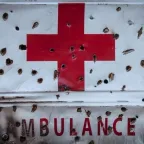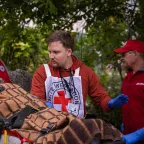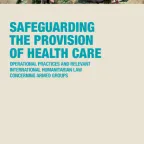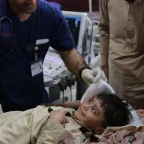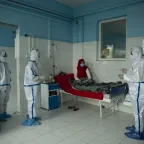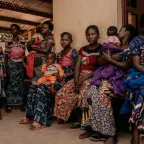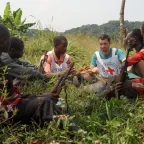5 years on, there has not been significant change: access to health care continues to be impeded
… HL Side Event on Protection of Health Care: Speech given by Mr Peter Maurer, … ago. This has driven our Health Care in Danger initiative that we have worked on over …

